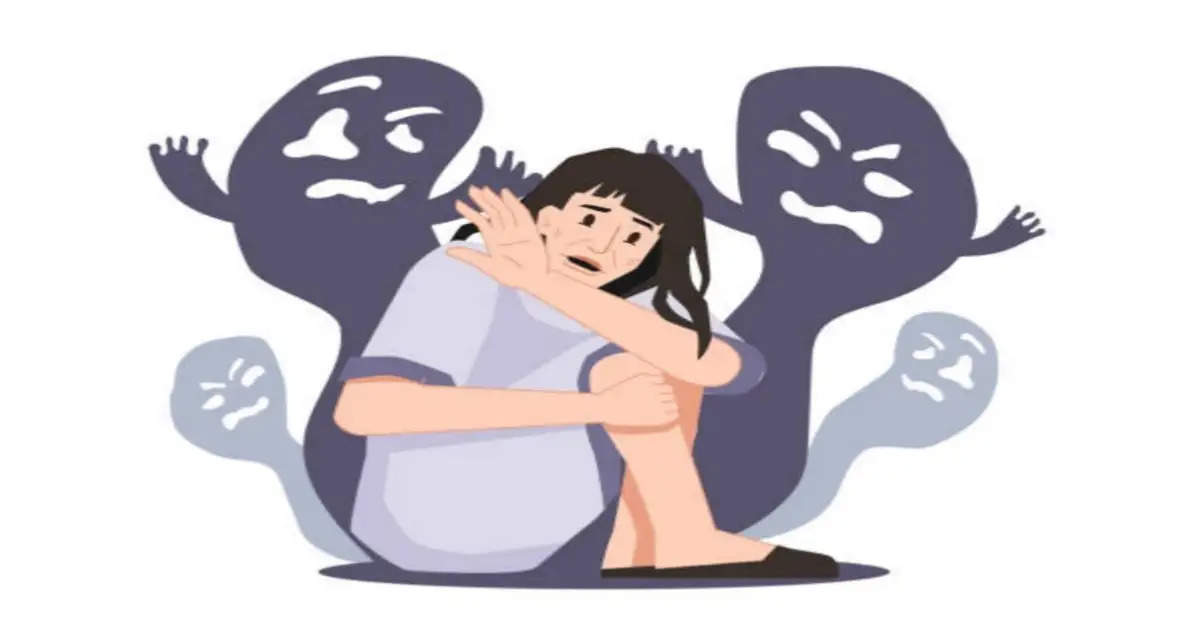Understanding Hallucinations: Why Do They Happen?

Hallucinations are sensations that seem real but are created by your brain. It can affect all five of your senses. For example, you may hear a sound that is not real that no one else can hear or see something that is not real.
This disease can be caused by drug side effects, epilepsy, or excessive alcohol consumption.
Depending on the cause of the hallucinations, you may need the advice of a psychiatrist, neurologist, or general practitioner.
What are the types of hallucinations?
Hallucinations may affect your vision, smell, taste, hearing, or physical sensations.
Hallucinations are of the following types –
Visual hallucinations.
In visual hallucinations, you see things that aren't there. This can include non-real objects, scenes, people, or lights. For example, you may see someone who is not in the room or see a light that no one else can see.
Olfactory hallucinations.
Olfactory hallucinations affect your ability to smell. In this, when you wake up in the middle of the night, you smell an unpleasant smell or feel that your body smells, but it is not real.
Hallucinations of taste.
Taste hallucinations are similar to smell hallucinations, but affect the ability to taste rather than smell.
Auditory hallucinations.
Auditory hallucinations are common hallucinations. You may feel as if someone is talking to you or asking you to do something.
Tactile hallucinations.
It involves your sense of touch or movement in the body. For example, you may feel an insect crawling on your skin or your internal organs moving or you may even feel the touch of someone's hand on your body.
Temporary hallucinations.
Temporary hallucinations occur for a short period. For example, you may have this hallucination if a loved one has died. You may hear the person's voice or see their image for a while.
What are the symptoms of hallucinations?
Patients with auditory hallucinations hear unreal sounds. Usually, these sounds come from a familiar person who has recently died.
In visual hallucinations, the patient sees things, people, and lights that are not present. The person may feel that he is seeing ghosts or animals.
Hallucinations of taste, smell, and touch are not common, but like other hallucinations, there are unrealistic stimuli. A person may suddenly experience a strange taste on their tongue, such as sudden bitterness or sweetness.
In olfactory hallucinations, a person may suddenly smell a burning candle or a fresh rose, even though neither of these things is present.
In tactile hallucinations, the person may feel that something is moving on their skin. Sometimes pain can be felt in a part of the body where there is no pain at all.
What are the causes of hallucinations?
Mental illness:
Mental illness is the most common cause of hallucinations. Some examples are schizophrenia (psychotic), dementia (dementia), and mania.
Drug abuse:
Drug abuse can cause hallucinations. Some people see or hear unreal things after drinking alcohol or using substances such as cocaine. Drugs like LSD and PCP can also cause hallucinations.
Lack of sleep:
Not getting enough sleep can also cause hallucinations. If you haven't had enough sleep for a long time, you are more likely to have hallucinations.
medicine:
Some medications taken for mental and physical conditions can also cause hallucinations. Medications for Parkinson's disease, depression, psychosis, and epilepsy can cause hallucinations.
